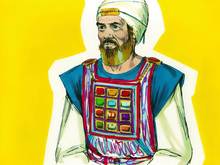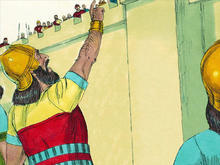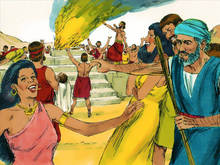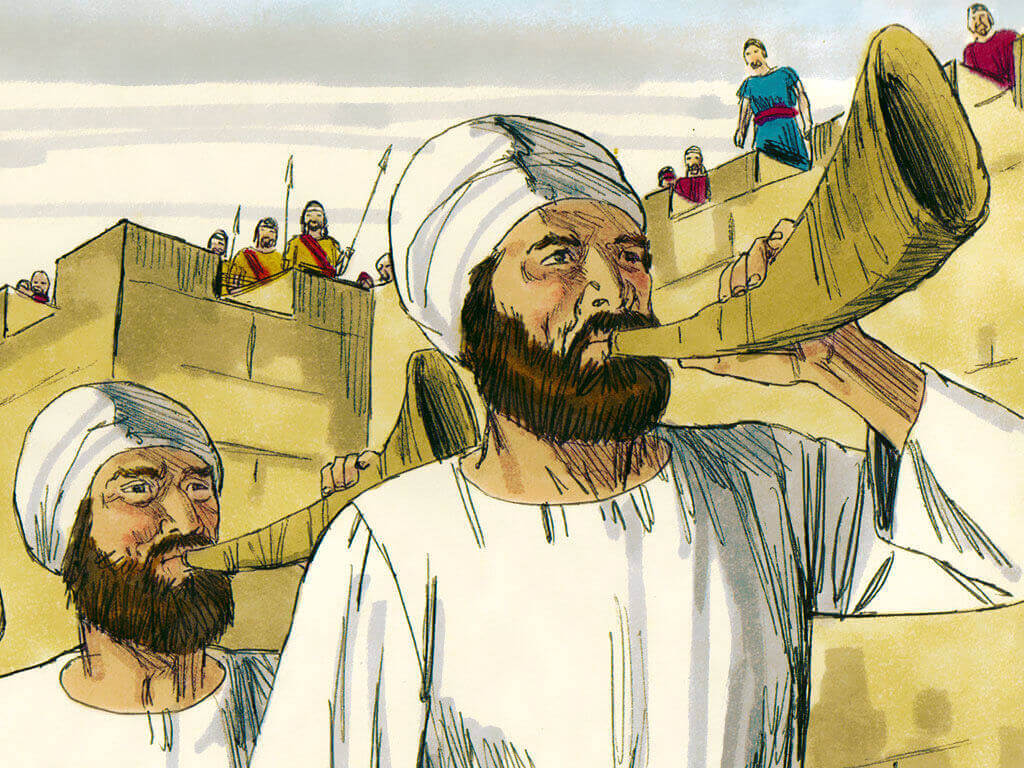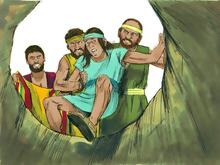Armour-bearers
By Mark Morgan | David , Jehoshaphat
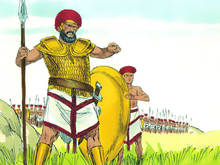
The Bible mentions armour-bearers several times. Their job title gives the impression that all they did was carry armour, but that’s a long way from the truth.
We are never given a full job description for an armour-bearer in the Bible. As far as we can tell, they were special bodyguards for important people such as kings, princes or commanders. Continue reading

